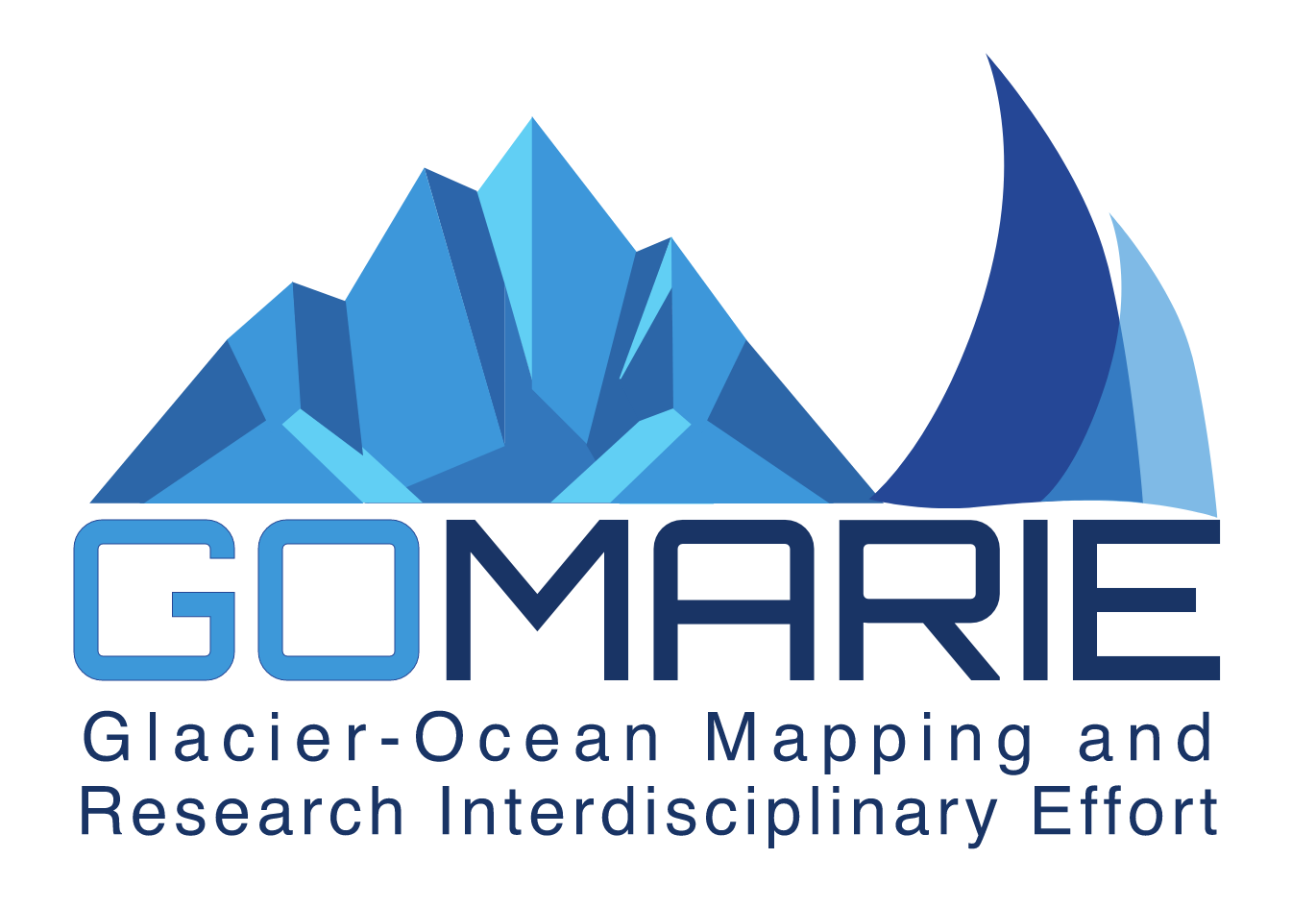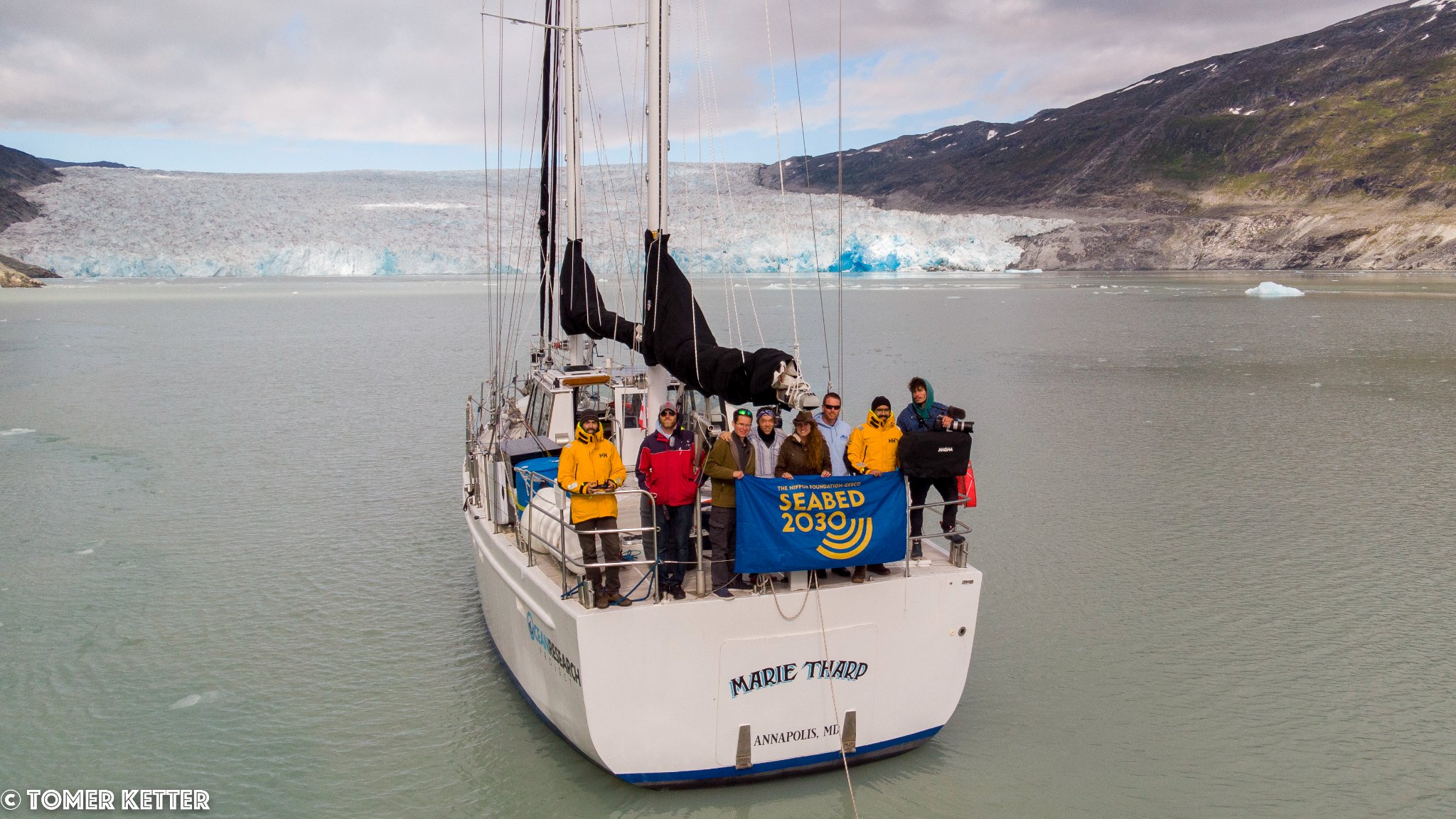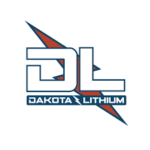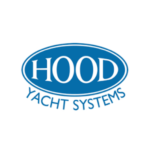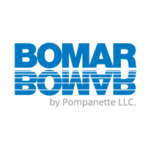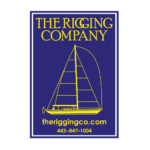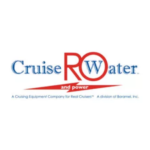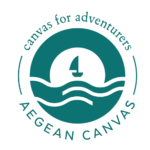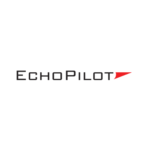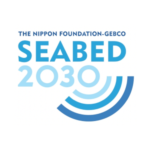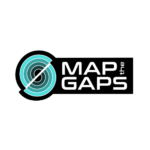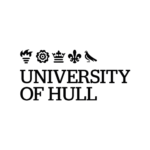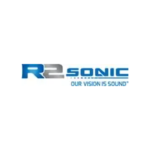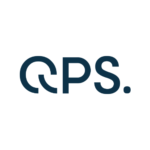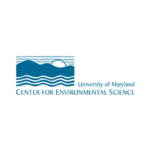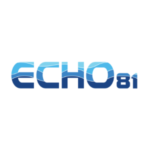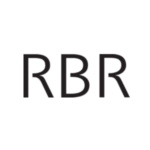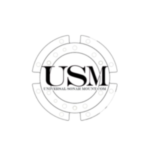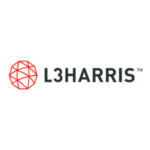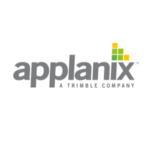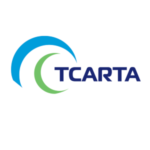SRV Marie Tharp – A Collaborator for Mapping Greenland and conducting Research with the Climate Science Community
An Open – Inclusive – Co-Productive Quest to Map the Seabed and Coastal Processes across Sectors and Borders
Over 75% of the World’s Oceans are uncharted. Charting the world’s oceans is critical to understanding and adapting climate change. How can we tackle global warming—a multi-earth system phenomena—if we do not know what the foundation of Earth’s planet is like? It’s like trying to manage a balanced heating and cooling system in your house without knowing how much space you are working with or where exactly the floor is.
We won’t go all the way up there just to discover the unknown depths of the seabed. Wherever we go our observations on the physical-biogeochemical baseline will help to characterize the status of the marine ecosystem impacted by increases in glacial meltwater.
To advance the understanding of the Greenland Ice Sheet and its impacts on sea level rise we endeavor to disrupt the colonial approach to polar science exploration and we express our intent for a diverse talented team.
